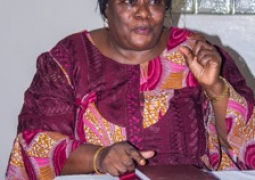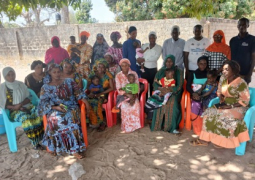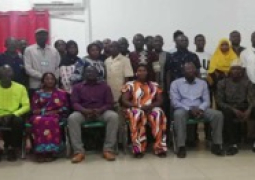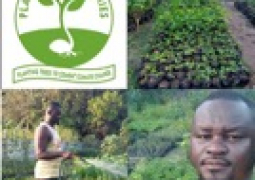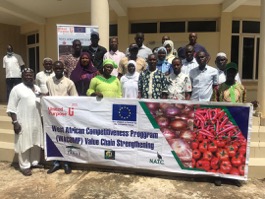
This development comes following results and recommendations attained from the MADRASAHS in the Gambia.
Officials said the RISE project, which is centered on the integration of a transformative educational system, focuses on the unification of one curriculum in the Madrasa education system, in order to enhance inclusiveness, promotion of social justice, development and democracy in the Gambia.
Speaking at the convergence, Imam Baba Leigh, expressed gratitude to the government for initiating such a project, adding: “This clearly signifies promoting sustainability, democracy and social justice, and inclusion.”
Imam Leigh hailed Minister Gomez, for his commitment and understanding in fostering unity among others especially in tertiary education.
The Minister of Higher Education, Research, Science and Technology, Prof. Gomez, spoke at length on the importance of the forum, claiming that the Madrasa has been encountering a lot of challenges for the past decades.
Those challenges, he added, include limited English language proficiency, lack of marketable technical and vocational skills, and absence of streamline pathways for transitioning into STEM and TVET which limits Madrasa graduates for the evolving world of work.
He added: “Where is the democracy we are talking about when this number of people are excluded from the national development agenda.”
“Therefore, we cannot continue to put aside a group of people that, if helped, will contribute significantly in bringing sustainable development. Madrasa and Majalis education systems account for over 19% of the Gambia school population,” he said.
Minister Gomez emphasised the importance of the consultancy report, as it offers valuable insights into the current state of Madrasah education, identifies key gaps in curricula, infrastructure, and institutional capacity, and presents actionable recommendations for reform.


